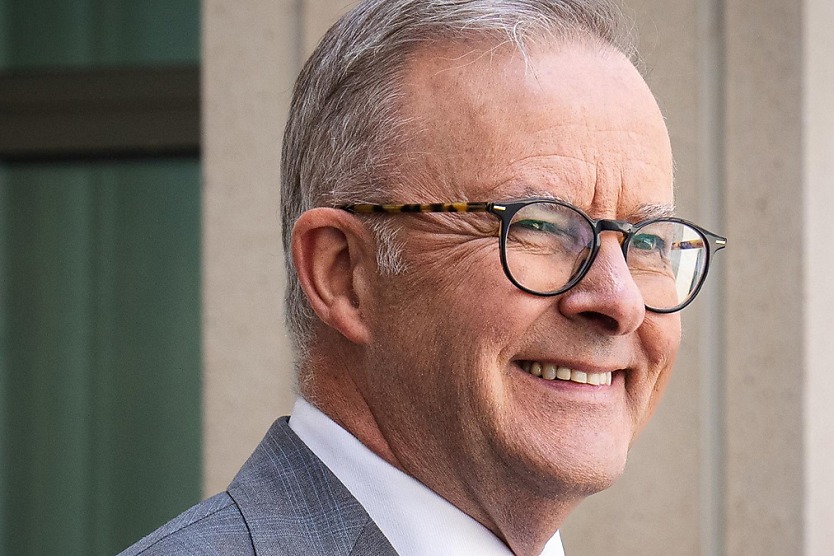What employers want from Albanese’s second term
SHARE THIS ARTICLE

A number of employer groups backed the Coalition during the election campaign, but after a decisive thumping by the returning Labor government, such groups have redirected their agendas back on Albanese’s desk.
In a federal election that some have argued boiled down to workplace stances, business groups and unions played a pivotal role in narrative driving throughout the campaign trail.
The Australian Council of Trade Unions (ACTU) were in lock-step with Labor’s campaign, congratulating the returning Prime Minister on his re-election.
“We congratulate the Albanese government on their re-election and look forward to working with them to ensure real wages keep growing and that workers living standards grow,” said ACTU secretary Sally McManus.
“Australian workers have lived through some tough years due to global inflation, and now we need to continue the job of rebuilding. Australians have rejected the path of Donald Trump’s far-right populism.”
“The Liberal Party should learn the lesson that the Australian people will punish them for going after workers’ rights. Leaders of political parties lost their seats when they did so, and now Peter Dutton joins them.”
McManus pointed towards issues that galvanised workers across the country as key mistakes by the Liberals.
“The Liberals were forced to flip flop on policies such as Same Job, Same Pay and working from home during the election campaign, and this hurt them badly,” said McManus.
“People knew that Peter Dutton was a big risk. You cannot help people with cost-of-living pressures by cutting their rights.”
Australian Chamber of Commerce and Industry (ACCI) CEO Andrew McKellar, who clashed with the ACTU on a number of workplace issues leading up to the election, reiterated the need for business to be at the top of the agenda for Labor moving forward.
“The role of the private sector is essential, and we stand willing to work constructively with the government to improve productivity and competitiveness,” said McKellar.
“Among the issues which will need to be immediately addressed for business are global trade, productivity, a reduction in the over-regulation of business, especially small business and the cost and reliability of energy.”
“We also need to make it easier for businesses to employ more Australians to create more jobs, more investment opportunities and grow the economy.”
Innes Willox, chief executive of the Australian Industry Group (Ai Group), echoed McKellar’s sentiment, claiming that an increase in productivity should be a “national priority”.
“The re-elected government will need to deal with our current national economic and security challenges, which have become increasingly complex. The challenges for Mr Albanese’s new government will be immense,” said Willox.
“This is the toughest time in a generation to be in business. The economy is growing at its weakest pace since 1991, when Australia was last in recession, with only surging public spending keeping our head above water.
“We have seen a significant uptick on business closures – 151,000 established businesses last year – driven by the steady decline in profits, increased costs and rapidly growing regulation. Boosting our productivity, which will ensure future Australians have better living standards and higher wages, must be a national priority.”
The “cutting of red tape” was constantly called for by business and employer groups during the campaign trail, with Business NSW chief executive Daniel Hunter doubling down on it, imploring the Albanese government to consider more “flexible” IR systems.
“SMEs need practical, tangible reforms,” said Hunter.
“If we are to have a strong manufacturing base – as part of the government’s Future Made in Australia policy – businesses need access to cheap and reliable energy, a flexible industrial relations system and low taxes.
“NSW has the largest workforce, which allows for innovation and expansion when economic conditions are favourable.”
The 2025 federal election in itself was described as a pivotal moment moving forward for the Australian workplace and industrial relations, as the Labor government promised more of the same in terms of their approach to workplace issues – leaving many businesses and employer groups uneasy at the prospect.
Kace O'Neill
Kace O'Neill is a Graduate Journalist for HR Leader. Kace studied Media Communications and Maori studies at the University of Otago, he has a passion for sports and storytelling.

